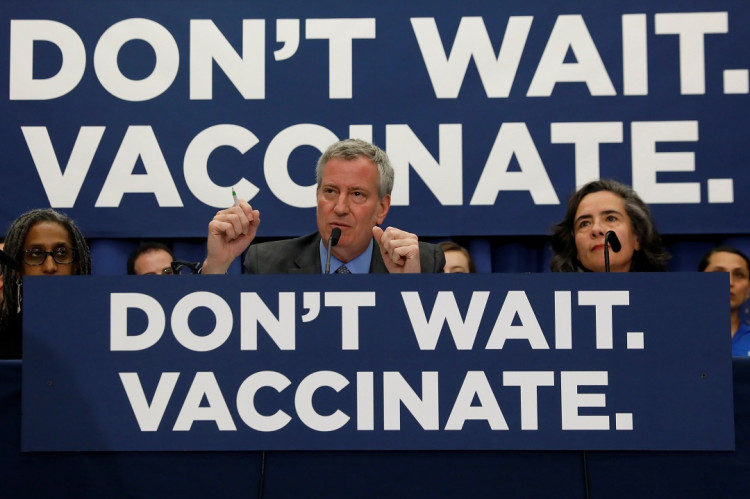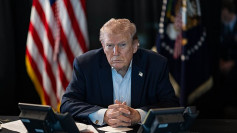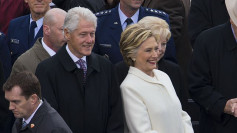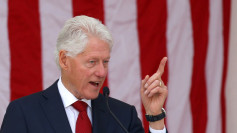As the United States confronts a worrying resurgence of measles, a disease many considered a relic of the past, the narrative is punctuated by personal tragedies and urgent warnings from the medical community. Among these is the heart-wrenching story of Erica Finkelstein-Parker, whose daughter, Emmalee, succumbed to a rare but fatal complication of measles, known as subacute sclerosing panencephalitis (SSPE). This condition can emerge years after an initial measles infection, blindsiding families with its devastating impact.
Finkelstein-Parker's tale of a birthday party planned with love for Emmalee, themed "Flying High with Emmalee," that was never celebrated, casts a somber light on the disease's cruel reach. "The goody bags I prepared for her friends still sit unopened, a stark reminder of the future she was robbed of," Finkelstein-Parker shared, her voice a mix of grief and resolve. Emmalee's adoption from an Indian orphanage masked her measles history, leaving her family unprepared for the ordeal that would unfold.
This resurgence is attributed to a confluence of factors, notably a decline in vaccination rates exacerbated by the pandemic and a surge in vaccine skepticism. Dr. James Cherry, a distinguished infectious disease expert at the David Geffen School of Medicine at UCLA, noted, "The pandemic has disrupted routine immunizations, creating gaps in herd immunity that measles, highly contagious as it is, exploits mercilessly."
Recent outbreaks linked to unvaccinated travelers have put the nation on high alert. Dr. Amesh Adalja, a senior scholar at the Johns Hopkins Center for Health Security, highlighted the ease with which measles can spread in our interconnected world. "All it takes is one infected individual on an international flight to ignite an outbreak that can swiftly spiral out of control," he cautioned.
The Centers for Disease Control and Prevention (CDC) has issued warnings, especially to healthcare providers, to be vigilant for symptoms given the disease's highly infectious nature. Measles is notorious for its R0 value-the average number of people a single infected person will spread the virus to-ranging from 12 to 18 in populations without immunity, a figure that dwarfs that of COVID-19.
Dr. Paul Offit from the Children's Hospital of Philadelphia put it starkly: "Comparing measles to COVID-19 or influenza in terms of contagion is like comparing a wildfire to a campfire. The potential for rapid spread is incomparable."
The necessary threshold for herd immunity against measles, according to health experts, stands at 95%. However, current vaccination rates have slipped below this critical level, partly due to exemptions allowed for religious, philosophical, or medical reasons. Dr. Peter Hotez from Texas Children's Hospital lamented, "We're seeing the consequences of complacency. The measles vaccine is a victim of its own success, leading some to question its necessity without witnessing the very horrors it prevents."
The tragedy of Ariel Loop, whose infant son contracted measles at Disneyland, further underscores the vulnerability of the unvaccinated. "As a nurse, I understood measles was a risk, but never did I imagine my son, vaccinated for his age, would fall prey to it," Loop expressed, highlighting the risk to infants who are too young for the vaccine.
As the nation grapples with these outbreaks, the stories of those like Emmalee and the warnings from health experts paint a grim picture of the stakes involved. The resurgence of measles is not just a public health issue; it's a clarion call to recommit to vaccination, a proven bulwark against this insidious disease. The collective memory of measles' impact must not fade, lest we relive the tragedies it can inflict on the most vulnerable among us.






